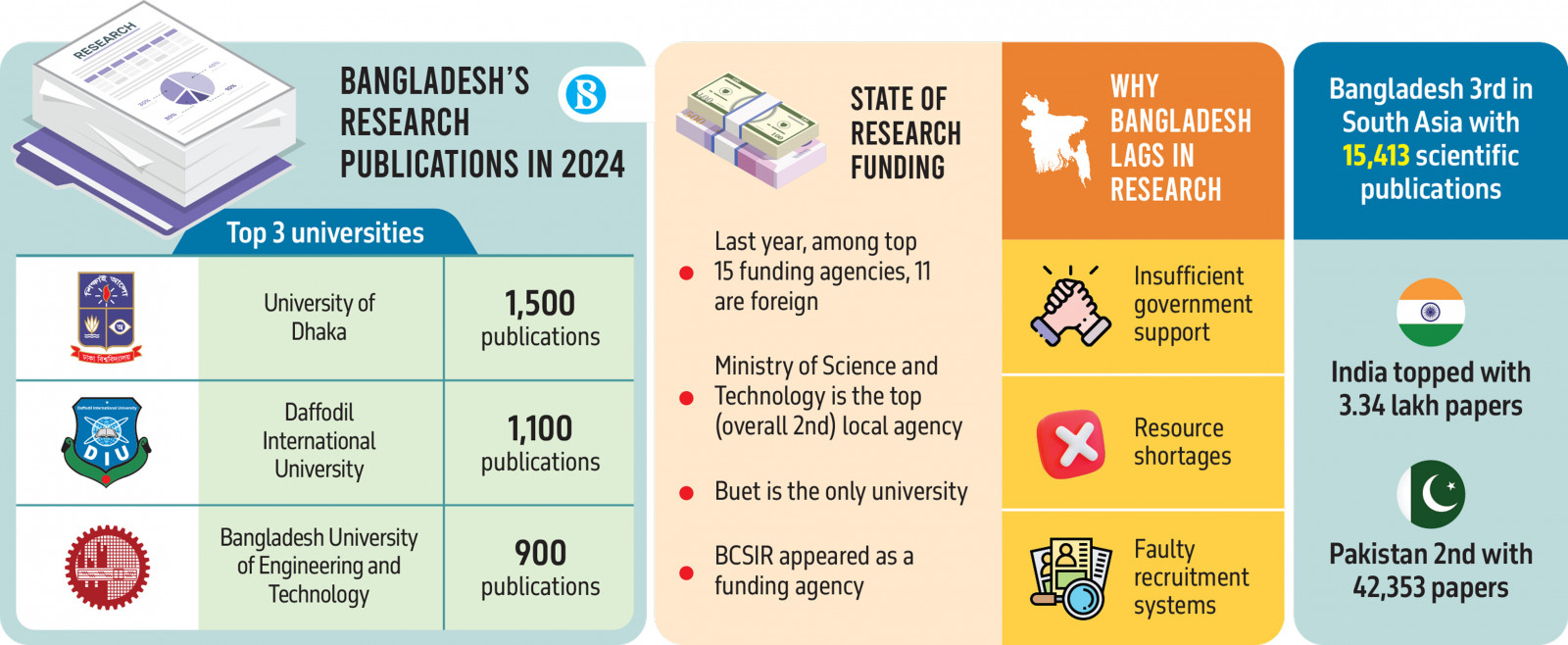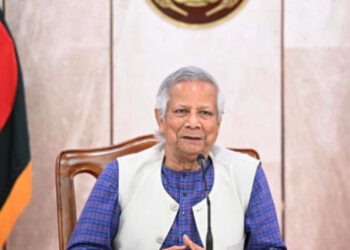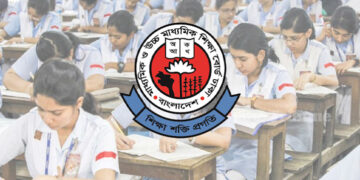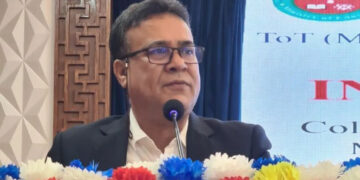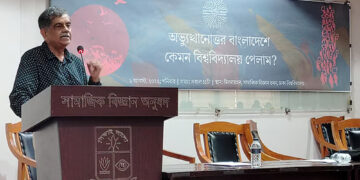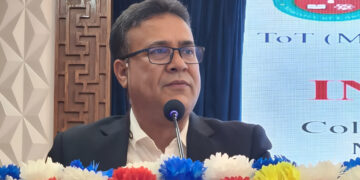Despite an upward trend in scientific publications by Bangladeshi researchers in recent years, 2024 saw a slowdown in growth compared to previous years. According to a report published by the online magazine Scientific Bangladesh, the country produced 15,413 scientific publications last year, ranking third in South Asia after India and Pakistan. The report drew from Scopus-indexed international journals until January 4, 2025.
This figure reflects a modest increase of just 385 publications compared to 2023, when Bangladeshi researchers published 15,028 papers. In contrast, the growth from 2022 to 2023 was significantly higher, with an increase of 2,185 papers. The number of publications in previous years was 12,843 in 2022, 11,447 in 2021, 9,116 in 2020, and 8,301 in 2019.
However, Dr. Monir Uddin Ahmed, editor of Scientific Bangladesh, argued that the growth has not slowed but rather steadied. Speaking to The Business Standard, he explained that the surge in publications during the COVID-19 pandemic has tapered off as many pandemic-related research efforts have concluded.
Lagging Behind National Individuals
Despite comparable economic and social indicators, Bangladesh’s publication count remains nearly three times lower than Pakistan’s. In 2024, Indian researchers published 3.34 lakh papers, while Pakistan produced 42,353 publications. Other South Asian countries like Sri Lanka, Nepal, Afghanistan, Bhutan, and the Maldives produced 4,107, 3,997, 770, 267, and 184 publications respectively.
Globally, Bangladesh ranked 54th in scientific publications in 2023, compared to India’s 3rd and Pakistan’s 26th position. In the Asiatic region, Bangladesh ranked 13th, just behind Vietnam, according to Scimago Journal and Country Rank data.
Barriers to Scientific Progress
Eminent researchers attributed Bangladesh’s slower scientific progress to insufficient government sponsorship, a lack of physical resources, and limited funding. Additionally, they highlighted flaws in the recruitment system for university teachers as a significant obstacle to cultivating dedicated researchers.
Dr. Ahmed noted that Bangladesh is categorized as one of the 66 scientifically lagging countries. He emphasized the necessity of scientific advancement for achieving national security, food safety, environmental protection,cybersecurity, biosafety, climate resilience, health security, military strength,and financial stability. He further stated that scientific progress is vital for creating job opportunities for youth and meeting the material needs of a growing population.
University and Funding Rankings
In 2024, Dhaka University retained the top spot in research output with 1,500 publications, up from 1,410 in 2023. Daffodil International University ranked second with over 1,100 publications, followed by the Bangladesh University of Engineering and Technology (BUET) with approximately 900 publications.
The top ten universities in research output also included Rajshahi University (4th), BRAC University (5th), Jahangirnagar University (6th), Bangladesh Agricultural University (7th), North South University (8th), Chittagong University (9th), and Khulna University (10th).
Among the national funding agencies, the Ministry of Science and Technology ranked highest, followed by BUET and the Bangladesh Council for Scientific and Industrial Research (BCSIR). However, 11 of the top 15 funding agencies were foreign.
Publication Trends and Impact
The primary subject areas for Bangladeshi research publications in 2024 were engineering, computer science, medicine, environmental science, and social science. New areas like textile research appeared for the first time, though there were no patents reported.
Top journals for Bangladeshi researchers included Heliyon (impact factor: 4), Plos One (3.11), Scientific Reports, IEEE Access, Health Science Reports, Sustainability Switzerland, RSC Advances, and Environmental Science and Pollution Research.
Leading Researchers
According to Scopus, Abu Reza Md Towfiqul Islam from Begum Rokeya University in Rangpur ranked as the top researcher in Bangladesh with 96 published articles. M. Khalid Hossain from the Bangladesh Atomic Energy Commission and Akbar Hossain from the Bangladesh Wheat and Maize Research Institute ranked second and third respectively.
This steady growth in scientific output, while promising, underscores the need for greater investment in research infrastructure, funding, and talent development to unlock Bangladesh’s scientific potential fully.
Source: Business Standard
Share via:

